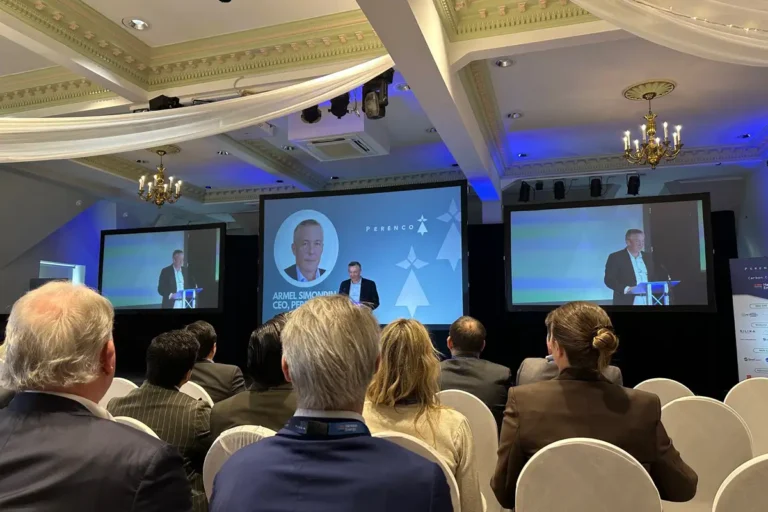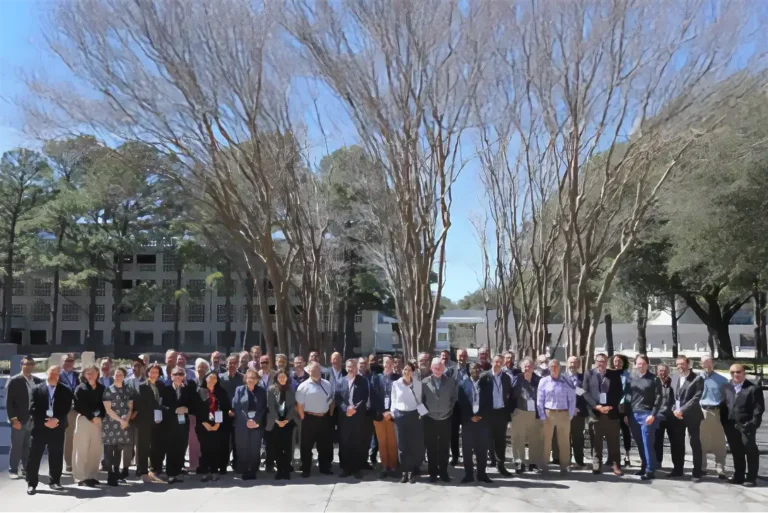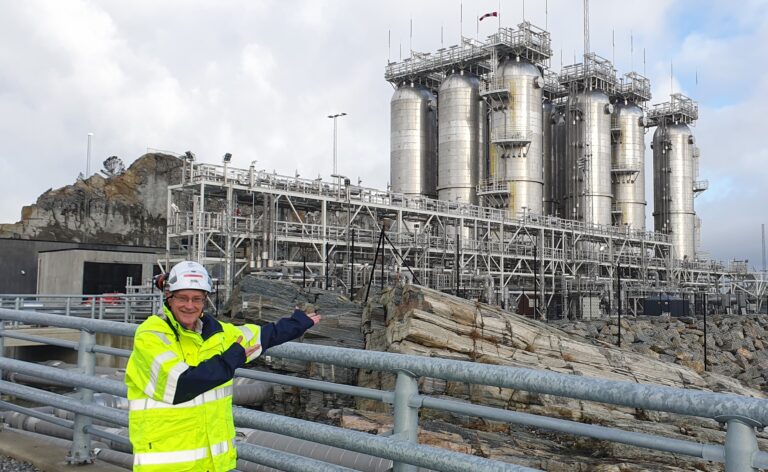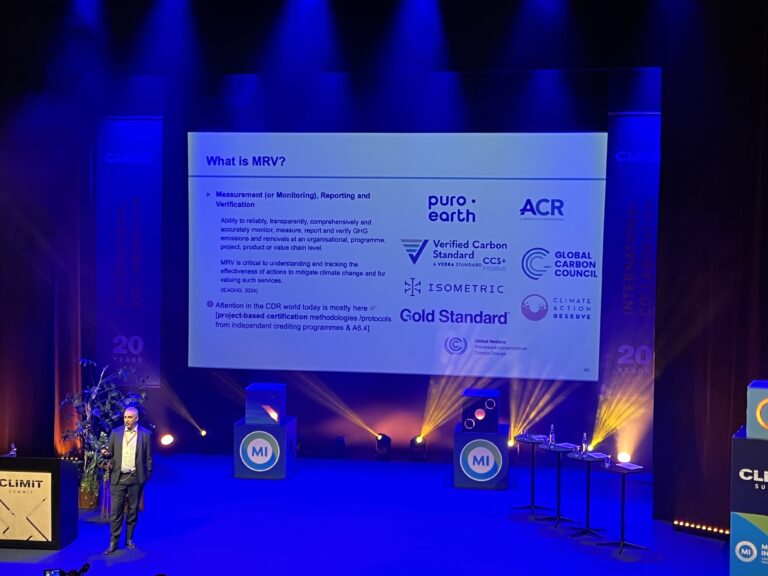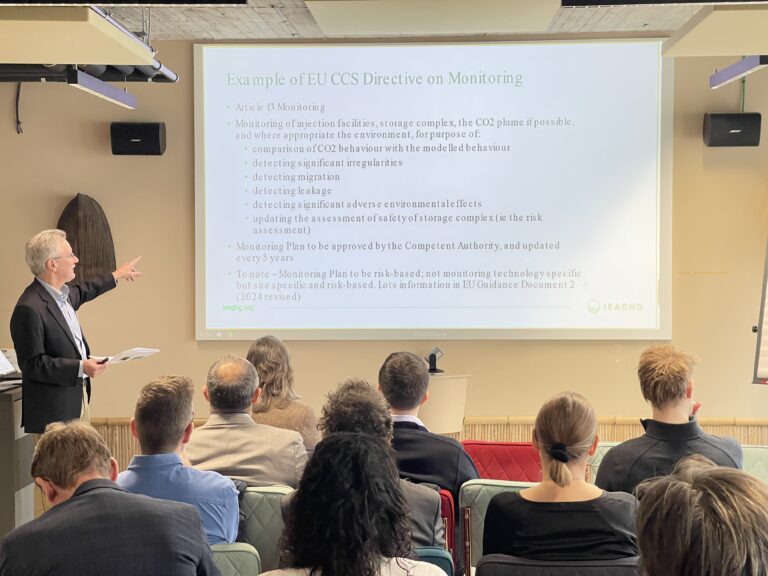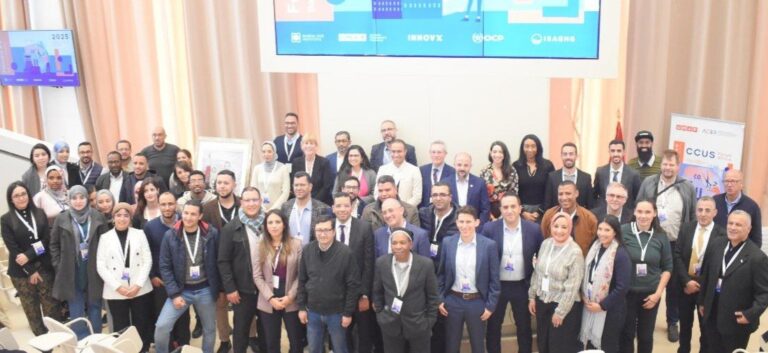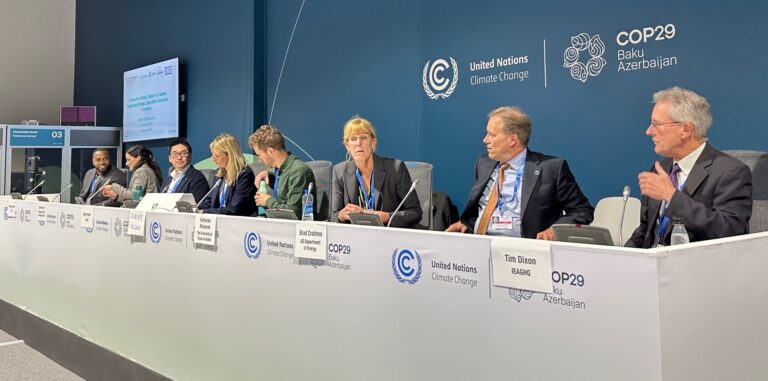
6th International Workshop on Offshore Geologic CO₂ Storage
19 September 2023
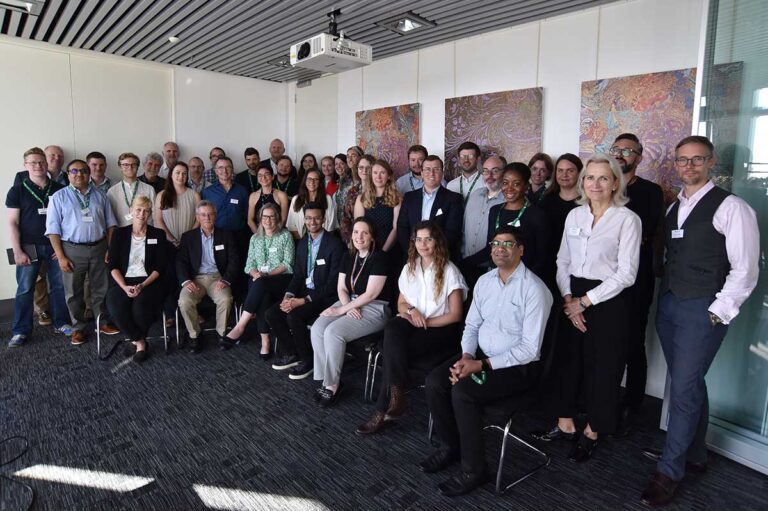
The 6th international workshop was held in Aberdeen on 13-14th September. Organised with the University of Texas and hosted by the University of Aberdeen, the location was very appropriate as we were co-hosted and sponsored by Storegga who lead the Acorn project nearby in Scotland. This project had been recently announced by the UK government as a Track 2 Cluster project. This 6th workshop had 190 delegates (60 in-person and 130 virtual) from 35 countries, with a good mix of industry, researchers and regulators.
In a very packed agenda of some 44 presentations, we managed to include time for discussions as well. What struck everyone again was the number of new projects with offshore storage being progressed. As well as the number, it was the diversity of the projects that was impressive, covering many industry sectors, storage in depleted hydrocarbon fields and in deep saline formations, and different transport means to storage. Once the project updates had been covered, the workshop got into more technical details, such as impacts and screening of legacy wells, storage capacity, regulations, interaction with other users of the seabed, transport and infrastructure, stakeholder engagement, monitoring, and environmental aspects. Transport developments included ship CO₂ capture by Shell and the importance of pressure management in pipeline networks.
Of particular interest concerning the workshop location, we heard from the North Sea Transition Authority (NSTA) about the UK’s first ever CO₂ storage licencing round. And so it was great to see the announcement by NSTA the day after the workshop of 21 new licences being accepted by operators, mostly in the North Sea. Delegates heard from some of these licence holders on their project plans. NSTA is also working on a ‘co-location forum’ to coordinate with other uses of the seabed.
Conclusions and recommendations were agreed at the end of the workshop. These include the welcoming of “Just Transition” being included in UK and US projects, the maturing of MMVs plans and their approval by regulators, the careful evaluation and allocation of storage resources contingent on the well density and pressure space, community benefits are just as critical in the offshore they just differ from the onshore, transparency and method of communicating risk is important. Recommendations include developing monitoring techniques for use around wind farms. Basin-wide management is an emerging topic with ways to manage the ‘commons’ or pressure space seen as a pressing need i.e. who is responsible for this and does the first mover win. There is a clear need to improve public knowledge, know your local community and collaborate with them, positive engagement with the media is also imperative. Clarity is needed over the way we license and the more we do it, the shorter this process will become. Protocols for how to assess and monitor legacy wells was also a theme. Lastly, we were reminded that knowledge transfer, especially to the Global South in countries without a mature hydrocarbon industry, was required.
Overall, there is impressive progress in developing CCS projects offshore, and much knowledge was shared in this workshop. Thanks to Storegga for sponsoring, and to the University of Aberdeen for hosting. IEAGHG will produce a report of the workshop and the presentations will be available on the GCCC website at BEG Global Offshore Initiative | Bureau of Economic Geology (utexas.edu).
For more information on UK licences: North Sea Transition Authority (NSTA): Net zero boost as carbon storage licences accepted – 2023 – News.
Other articles you might be interested in
Get the latest CCS news and insights
Get essential news and updates from the CCS sector and the IEAGHG by email.
Can’t find what you are looking for?
Whatever you would like to know, our dedicated team of experts is here to help you. Just drop us an email and we will get back to you as soon as we can.
Contact Us NowOther articles you might be interested in
Get the latest CCS news and insights
Get essential news and updates from the CCS sector and the IEAGHG by email.
Can't find what you are looking for?
Whatever you would like to know, our dedicated team of experts is here to help you. Just drop us an email and we will get back to you as soon as we can.
Contact Us Now

